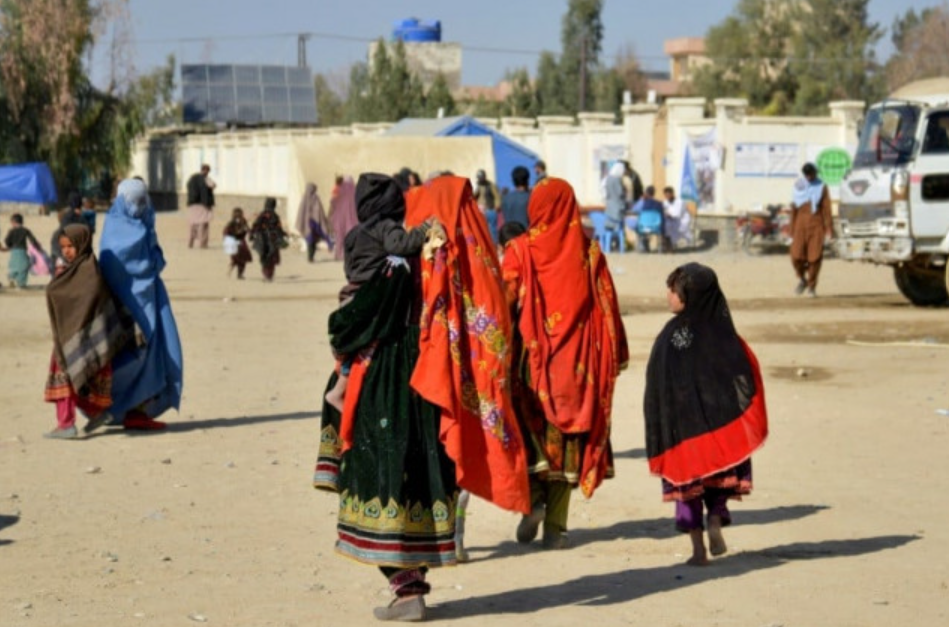Residency Limbo Puts Refugees’ Assets at Risk
Afghan refugees risk losing billions as their Proof of Registration (PoR) cards expired on June 30, 2025. Over one million Afghan citizens now face uncertainty about their legal status in Pakistan. Without an extension, many fear they’ll be forced to sell long-held assets at deeply reduced prices.

Although Pakistan’s repatriation plan has slowed, there is still no clear decision on whether PoR card holders will receive an extension. Authorities are considering either a short extension or offering long-term visas to those affected.
Billions in Assets, But No Legal Ownership
One Afghan tribe, the Dostokhail, reportedly holds over Rs52 billion in properties in Peshawar, much of it under others’ names. Traders like Ahmad Shah say they can’t open bank accounts or legally register assets despite contributing over Rs14 billion in annual foreign remittances.
“Our children were born here. We run businesses, but without legal residency, we live in constant fear,” said Shah. Other refugees echoed similar concerns about selling off assets at throwaway prices if deported.
Despite central bank claims that many PoR card holders do have bank accounts, refugees argue the system blocks them from fully participating in the economy. Many cannot invest or secure their future without permanent residency.

Pakistan Faces Policy Dilemma Over Costs and Benefits
Pakistan received $38.2 billion in total foreign remittances last year. But officials argue the cost of hosting refugees outweighs these benefits due to illegal trade and smuggling under the Afghan Transit Trade Agreement.
Finance officials say funding support for remittances has been cut from the new budget, sparking concerns about future sustainability. Meanwhile, groups like Beyond Boundaries are pushing for residency rights and streamlined visa processes for Afghan traders.
A permanent solution could help refugees keep their investments and contribute more transparently to Pakistan’s economy. Until then, Afghan refugees risk losing billions if their legal status remains unresolved.

